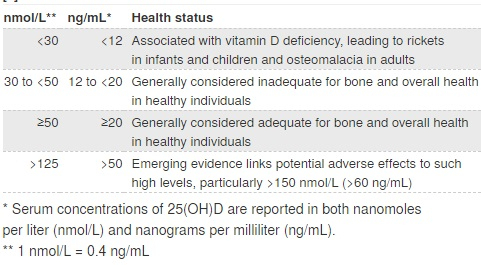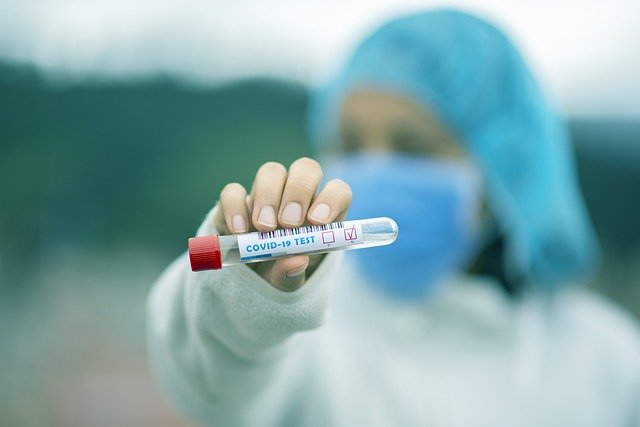Vitamin D plays an important role in the modulation of cell growth, neuromuscular and immune function, and reduction of inflammation. Vitamin D deficiency can lead to several autoimmune diseases, cardiovascular diseases, type 2 diabetes, obesity, and infection.
Scientists from Leumit Health Services (LHS) and the Azrieli Faculty of Medicine of Bar-Ilan University collaborated to find out the risk of Coronavirus infection associated with low plasma 25-hydroxyvitamin D levels.

As per a study published in The FEBS Journal, experts in Israel analyzed the cases of 782 COVID-19 positive patients and 7,025 negative patients. Later, they found that low plasma vitamin D level has appeared to be an independent risk factor for Coronavirus infection and hospitalization.
Vitamin D and Coronavirus
Dr. Eugene Merzon, Head of the Department of Managed Care and a leading researcher of the LHS group said that the main finding of the research was the significant connection between low plasma vitamin D level and the likelihood of COVID-19 infection "among patients who were tested for COVID-19, even after adjustment for age, gender, socio-economic status, and chronic, mental and physical disorders."
As per Dr. Merzon, the low vitamin D level was found to be "associated with the risk of hospitalization due to COVID-19 infection, although this association wasn't significant after adjustment for other confounders."
Dr. Milana Frenkel-Morgenstern, the leader of the Azrieli Faculty of Medicine research group noted that the recent analysis has revealed that people with Coronavirus infection were older than non-infected persons and interestingly the "two-peak distributions for age groups were demonstrated to confer increased risk for SARS-CoV-2: around ages 25 and 50 years old."

Dr. Frenkel-Morgenstern said that the first peak can be explained by the high social gathering habits of the young adults, while the second peak may be explained by continued social habits, in conjunction with various chronic diseases.
New Findings
As explained by Professor Shlomo Vinker, who is the LHS Chief Medical Officer, most of underlying serious health conditions such as dementia, heart disease and chronic lung disease that were considered to be very risky in previous studies, "were not found as increasing the rate of infection in our study."
But he noted that this research finding is "highly biased by the severe social contacts restrictions" that were imposed on all the population during the outbreak. When people started to follow the instructions by the Israel Health Ministry, patients with serious health complications significantly reduced their social contacts and that probably had minimized the risk of COVID-19 infection in that particular group of people.
This study may have a very significant impact, as the strength of this research is for being "large, real-world, and population-based," said Dr. Alessandro Gorohovski and Dr. Dmitry Tworowski from the Frenkel-Morgenstern laboratory at Bar-Ilan University's Azrieli Faculty of Medicine.
The researchers are trying to find associations to the Coronavirus clinical outcomes-- such as pre-infection glycemic control of the patients-- to make the assessment of mortality risk due to the deadly infection in Israel.









